by JRR Tolkien
Few books have had as wide-ranging impact on society as have the works of JRR Tolkien. Before the publication of the “Lord of the Rings” and it’s prequel “The Hobbit”, dragons, elves and orcs were not popular in fiction. His works are now mimicked so widely that it has created it’s own genre. Lord of the Rings (LOTR) the movies, Dungeons & Dragons, The Dragons of Pern, The Sword of Shanarra series, etc. Just walk through the isle of the Fantasy section at your favorite bookstore and see what JRR began. And his work transcends just movies and books. Have you ever seen the t-shirt “FRODO LIVES!”? And, video game makers have taken merciless advantage of this advertising freebee. The number of “Sword and Sorcery” games is beyond count. Perhaps the best description of the impact this series of books has had came from an unlikely source. While walking into a theater to see a movie, years ago, a group of young people exited, and I overheard them. They had paid full ticket prices to go in and see just the preview of the movie Lord of the Rings: Fellowship of the Ring. They didn’t bother to watch the feature movie, and they thought their money was well spent. The beginning of that phenomenon was “The Hobbit”.
More then the rest of the series, the writing style, word choice, and length of “The Hobbit” make it acceptable juvenile fiction. At half the length of the other three books, it is easier for a young reader and is much less dire. While still meeting the requirements of great adventure, many of its characters are younger....and shorter!
Thematically, “The Hobbit” is about the path to maturity. As Bilbo travels with the dwarves through adventures against trolls, goblins, and spiders, he changes from a passive lover of good food and domestic comfort to a brave, realistic, active tactician. Each time he descends into the underworld, his foes become less like reality. Golum’s cave, the King of the Wood Elves, and the cave of Smaug’s hoard represent creatures of increasing fantasy or spiritual natures. Bilbo’s adventures take him from personal survival to responsibility for all those impacted by his actions. As such Bilbo passes through his adventures becoming a more ethical and responsible person.
Much of LOTR is written in Germanic structure. The sentences are much more convoluted than “The Hobbit”. With shorter sentences and simpler word choices, the story becomes a much better fit for younger readers.
Sunday, April 15, 2007
Subscribe to:
Post Comments (Atom)
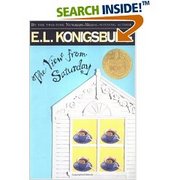

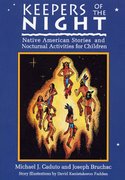

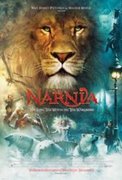

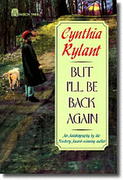
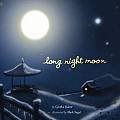
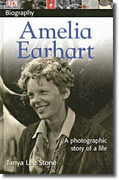

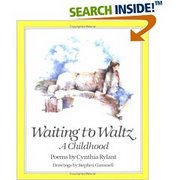

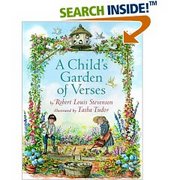
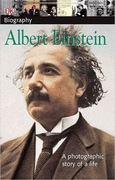
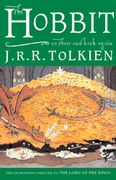
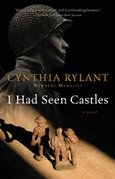
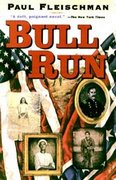
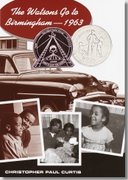
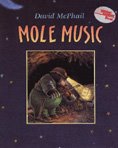
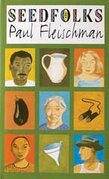


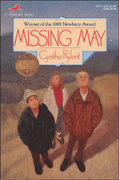
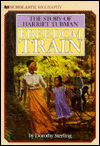
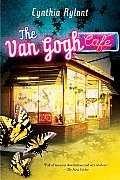
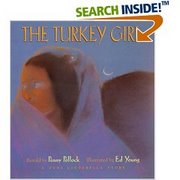

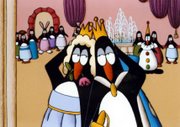

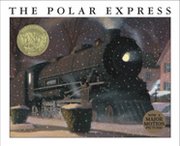
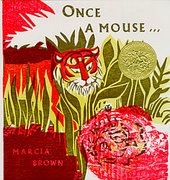
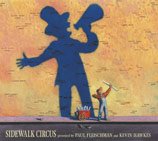
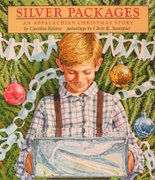


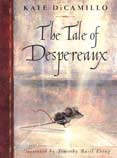
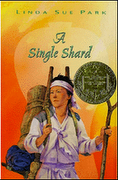
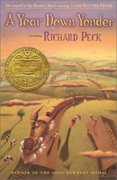


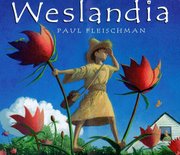

No comments:
Post a Comment